How RPC Endpoints Connect Wallets to Blockchains – Full Nodes vs. Light Clients (Explained Simply)
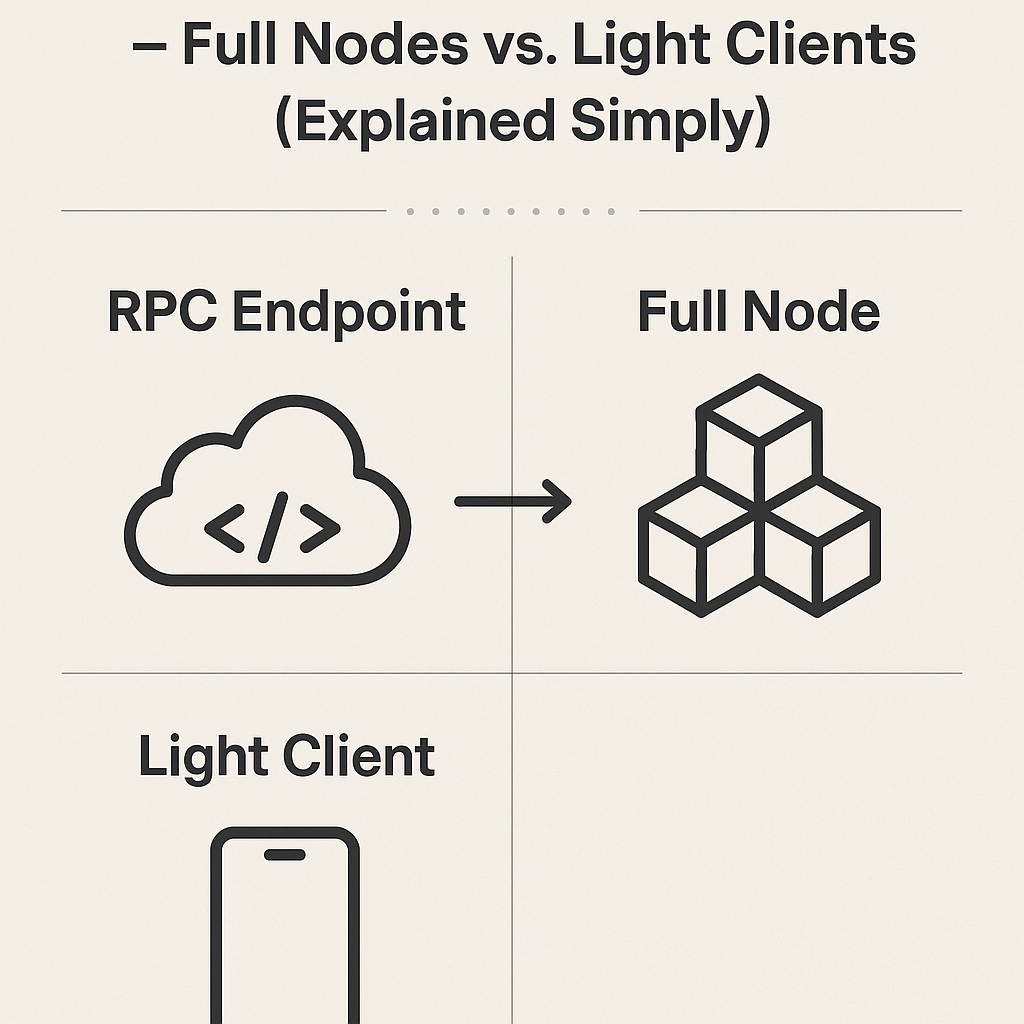
Ever wondered how your wallet or dApp talks to the blockchain?
Let’s break it down with real-world examples
What is an RPC Endpoint?
RPC = Remote Procedure Call.
It’s like a bridge that lets your app talk to the blockchain.
You send a request: “Hey blockchain, what’s the balance of this wallet?”
The RPC endpoint replies with the info.
Think of it like an API for the blockchain.
Why Do You Need RPC?
Your MetaMask wallet or a DeFi site like Uniswap doesn't run a full blockchain.
Instead, they use RPC endpoints to query data from real blockchain nodes.
Examples:
https://mainnet.infura.io/v3/YOUR_KEYhttps://rpc.ankr.com/ethhttps://polygon-rpc.com
What’s a Full Node?
A full node stores everything from the blockchain:
✅ All blocks
✅ All transactions
✅ Validates new ones
It’s like having a full copy of the entire ledger on your computer.
Example: Running an Ethereum full node with Geth.
What’s a Light Client?
A light client doesn’t store all the data — just enough to verify the basics.
It asks full nodes for info but can still independently verify some things (like headers or signatures).
Lighter, faster, good for phones or browsers.
Real-Life Analogy
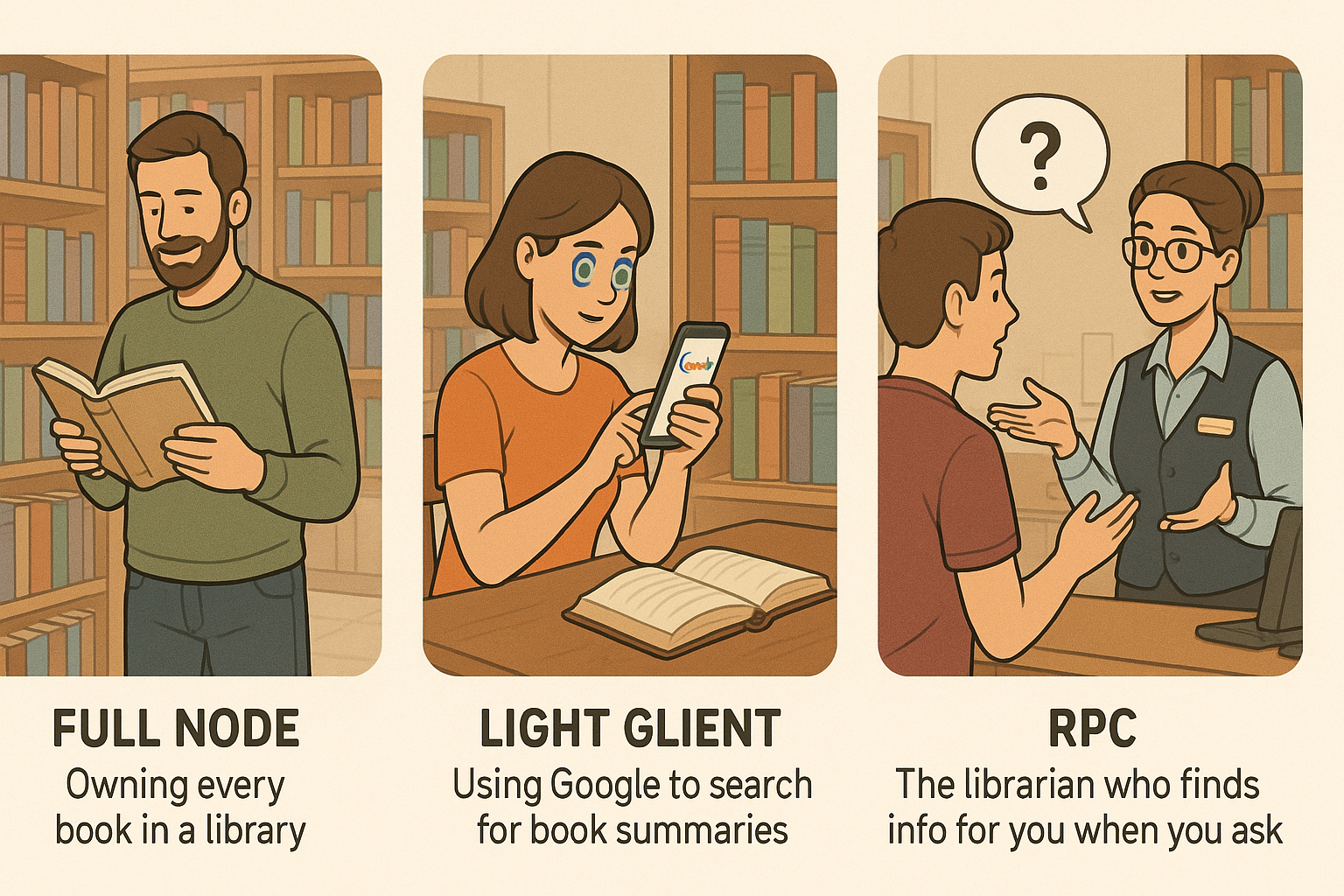
🔍 Full Node = Owning every book in a library
📱 Light Client = Using Google to search for book summaries
🌐 RPC = The librarian who finds info for you when you ask
Why It Matters for Web3 Users
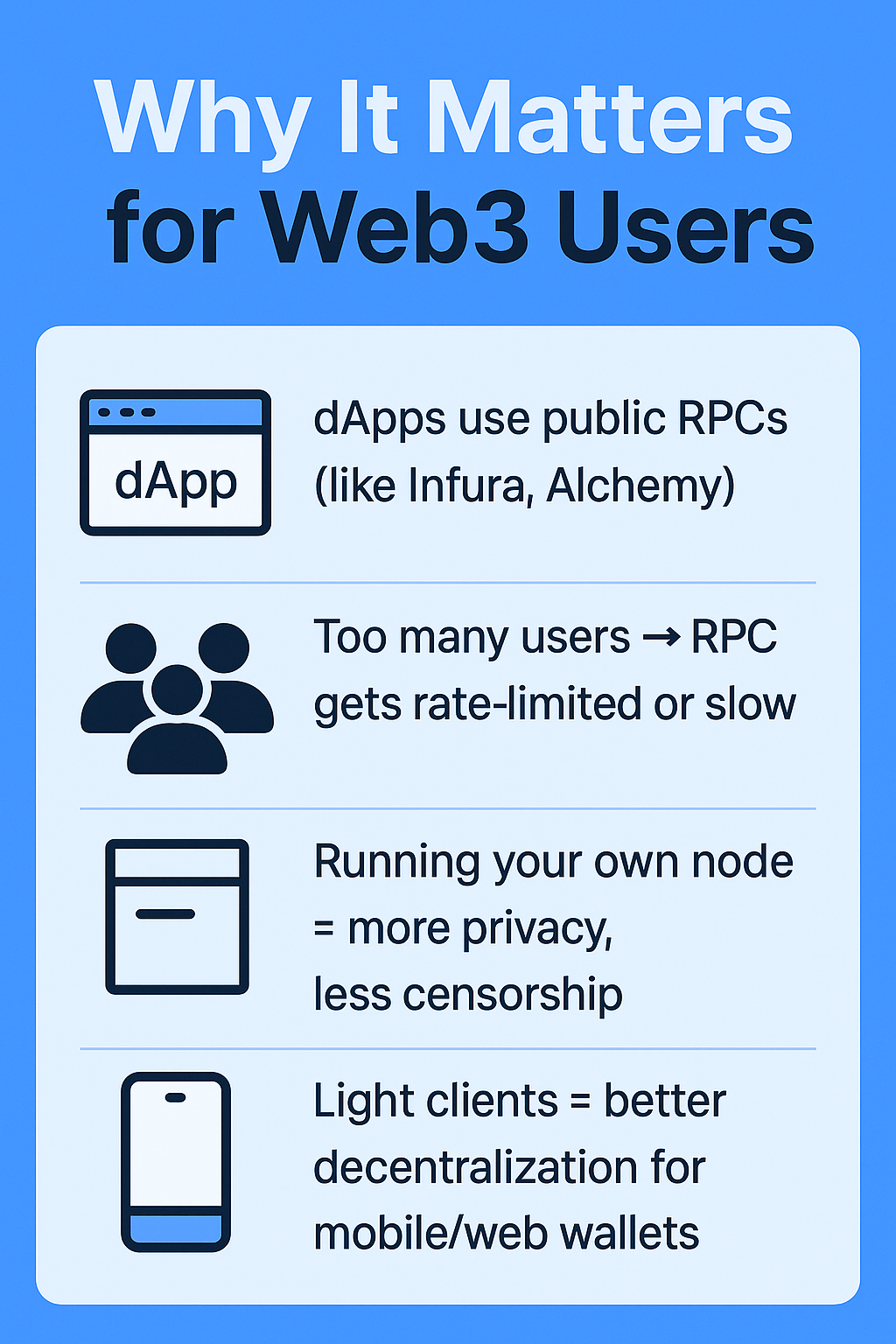
- dApps use public RPCs (like Infura, Alchemy)
- Too many users → RPC gets rate-limited or slow
- Running your own node = more privacy, less censorship
- Light clients = better decentralization for mobile/web wallets
Conclusion
RPC endpoints are the lifelines of Web3 apps.
Full nodes ensure security and decentralization.
Light clients enable access for all, even on low-power devices.
Understanding these 3 helps you see how Web3 really works behind the scenes.
For More Info related to mitosis please follow official links below :
Mitosis Website : https://mitosis.org/
Mitosis Expedition : https://expedition.mitosis.org/
Mitosis Docs : https://docs.mitosis.org/
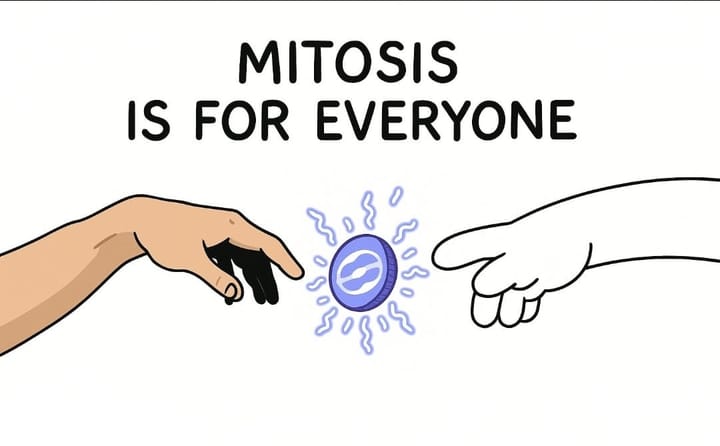
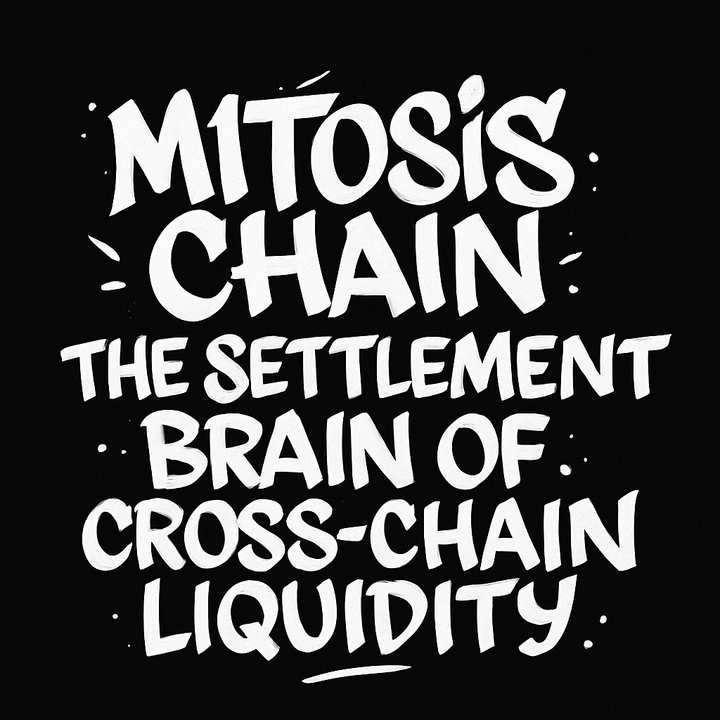
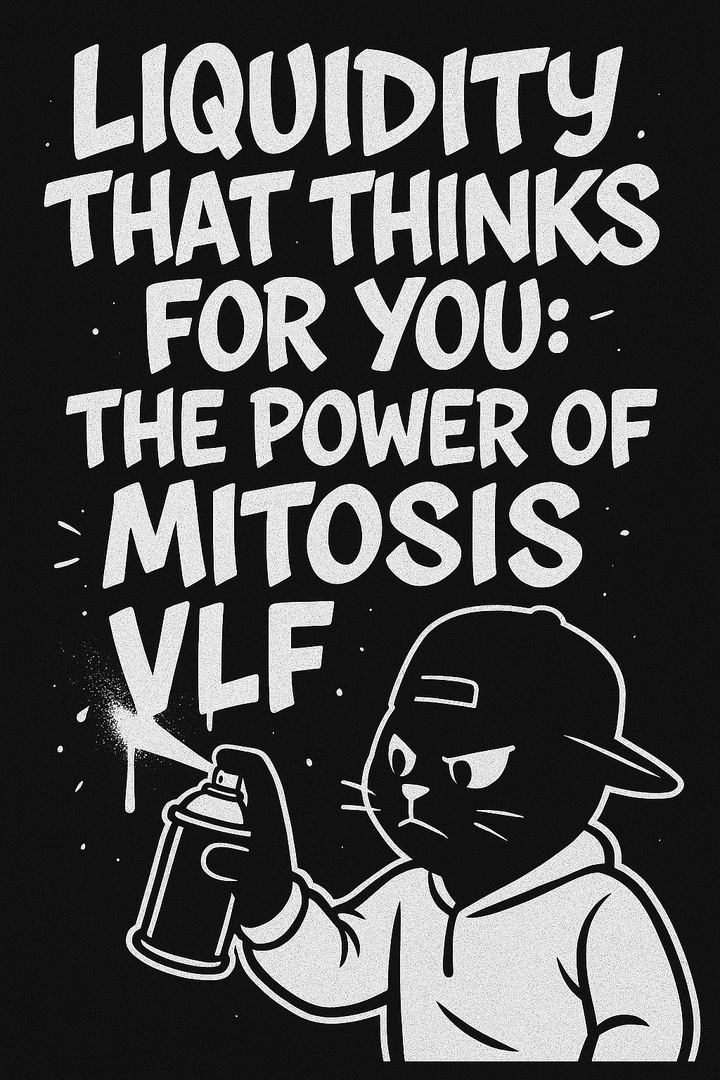
Comments ()